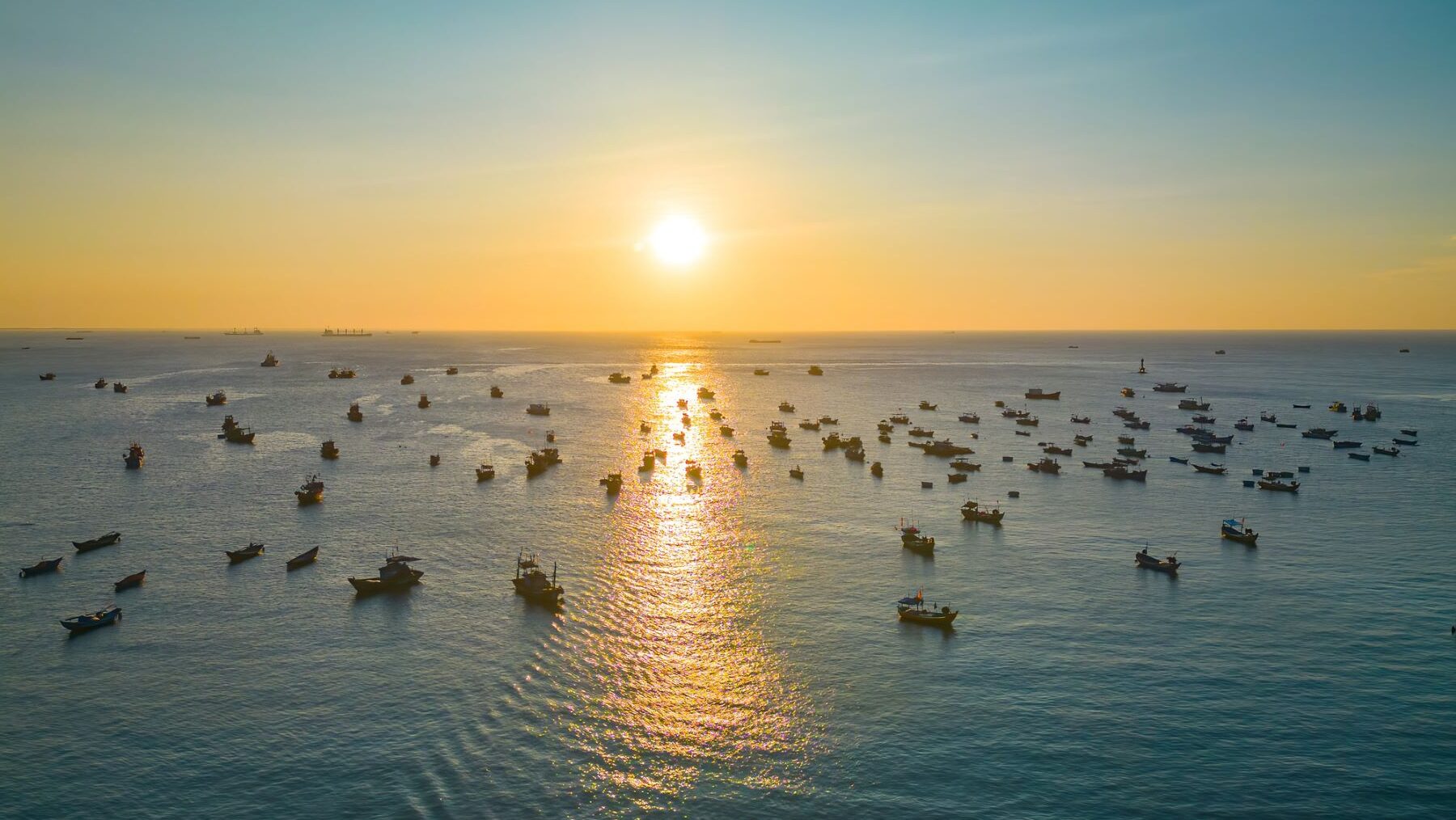To talk about marine resources, We must first consider the environment from which they come. The oceans and seas are traditionally regarded as an inexhaustible source of wealth due to their vastness, and also play a predominant role in human social and cultural life.
There are different types marine resources available: non-biotic seabed, such as minerals, gases or hydrates and biotic resources (anything that lives), such as fish, algae or shells. The exploitation of these resources is limited by the level of technological development and the power of natural elements.
Currently, technological progress and the growth of the coastal population are having an impact additional pressure on available natural marine resources. Particularly in the field of fishing, transport, recreational boating and exploitation fossil fuelssuch as oil and gas.
To this must be added the decline in fish stocks (linked to fishing activities) worldwide, this has serious consequences for the marine environment, for the socio-economic environment and for fish populations (not to mention that non-biotic resources are also victims of overexploitation).
Maritime law and marine resources
Loose ecosystems, fish and pollution cannot be maintained or adapted to administrative boundaries those people signed. The quality of fish stocks therefore depends not only on the way countries regulate fishing in their own waters, but also on activities outside their borders.


The efforts a country makes in the field of the conservation of their marine resources is futile if they are not supported by cooperative measures on a global scale. Because what happens at one point on the globe will affect what happens in other places thousands of miles away. The plague of pollution plastics is a good example of this.
He World Ocean has an area of 361,220,420 km², therefore, it covers 70.8% of the Earth’s surface. Administrative boundaries exist both on land and at sea, thus the problems of marine resources must be addressed at international level.
The law of the sea has a series of international instruments, executive or otherwise, related to the management of fisheries and protection of each country’s marine resources. However, reality is much more complicated than theory due to cultural differences between the countries in question.
Political and economic pressure are important to protect each country’s interests, but rules are difficult to respect on the ground. However, the existence of texts on international maritime law is a step forward The implementation of some of these still depends on the ratification of agreements or moratoriums.
Coastal zones, international waters and marine resources
The coastal areas are certain ecosystems that generate greater competition and conflict for space. Each activity has an impact on the others: from the construction of a port to the mooring of fish cages or the installation of exploitation parks. wind energy. And the smallest damage can have direct or indirect consequences for marine resources.
Instead of, International waters are spaces that escape the control of any sovereignty and are open to free movement. Most of the time, activities are peaceful, but offshore drilling or maritime accidents, especially in the case of oil tankers, can pollute the sea or coast and irreversibly affect fauna and flora.
About the exploitation of the marine resources of these areas, this zone, Enjoy the freedom of fishing from 200 nautical miles. And although light regulation has been introduced to defend a common interest thanks to an international commission aimed at managing fish populations and other living marine resources, in reality it is practically impossible to solve the problems of schools of migratory fish that overlap in certain areas to keep under control.
Yet the Protecting marine resources is essential for the planetbecause not only does the survival of local biodiversity depend on its conservation, but changes also affect the balance of the planetary ecosystem. It is therefore essential that all countries contribute to its protection and conservation.

